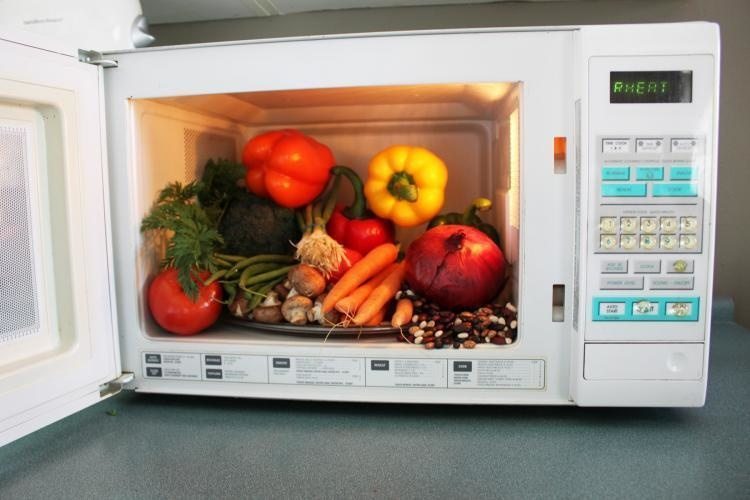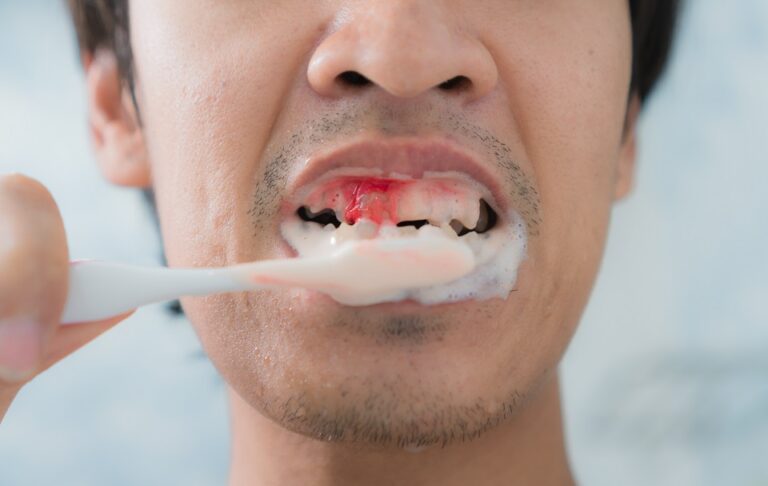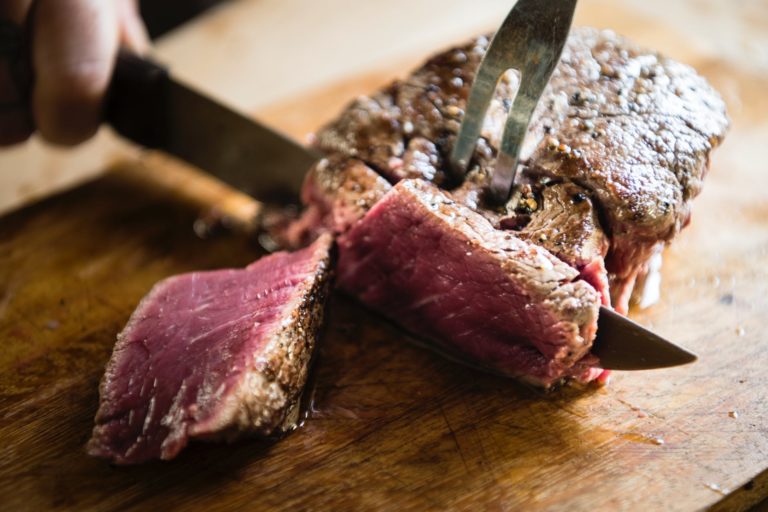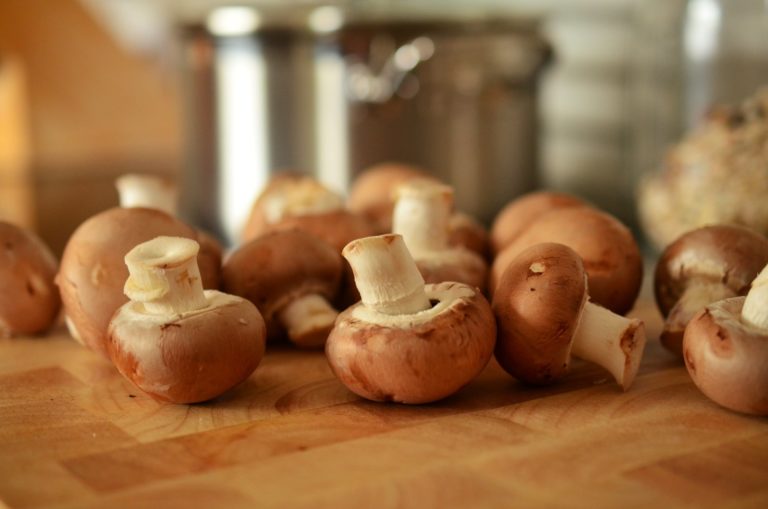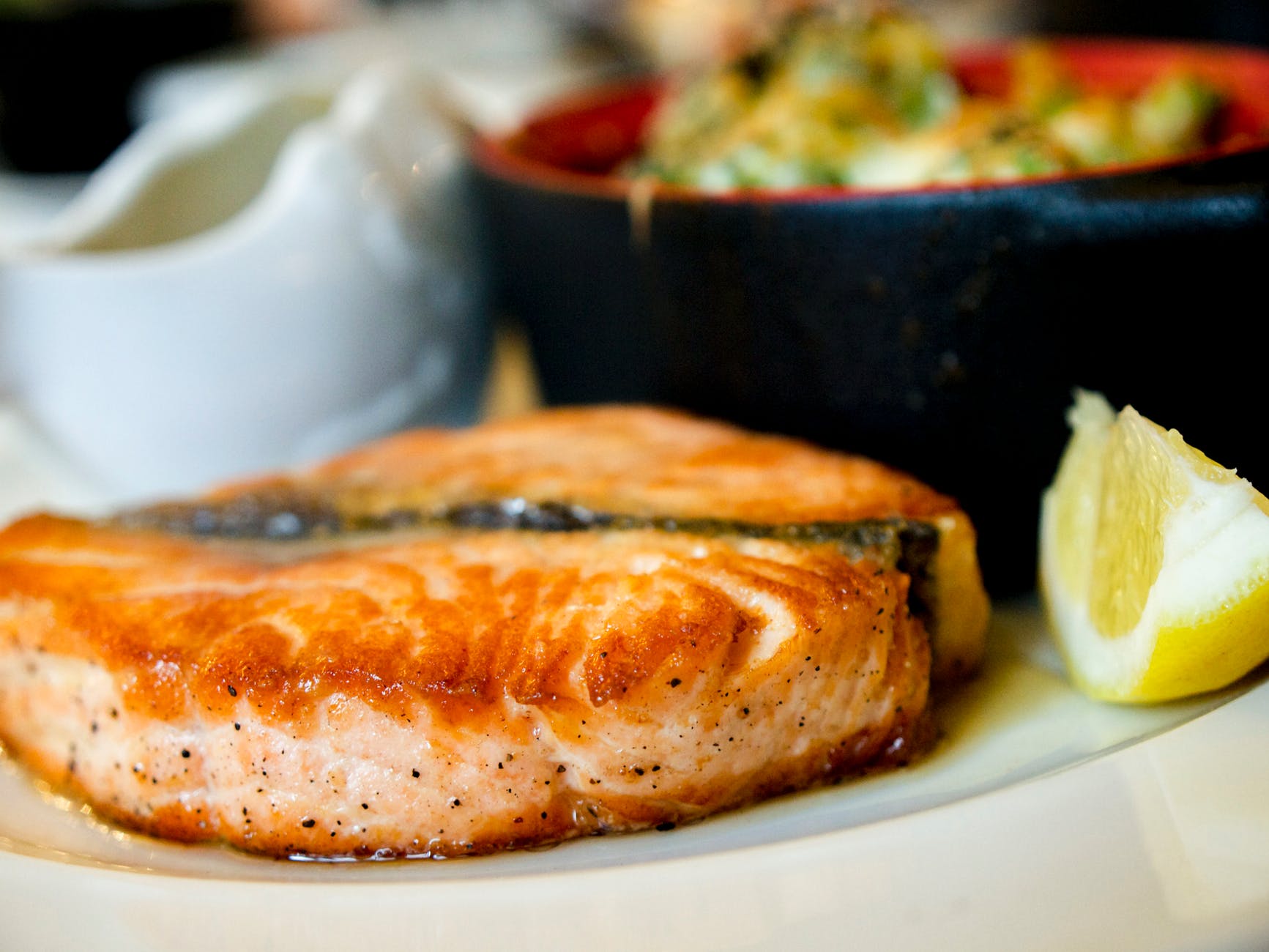
Nutrition is important for health. An unhealthy diet can damage your metabolism, cause weight gain and even hurt organs, such as your heart and liver. But what you eat also impacts another organ — your skin. As scientists learn more about diet and the body, it’s increasingly clear that what you eat can significantly affect the health and aging of your skin.
This article takes a look at 6 of the best foods for keeping your skin healthy.
Veggies
You know how important it is for your overall health that you get your daily dose of vegetables, but you may not have realized that it can lead to more youthful skin, too. A study published in the Journal of the American Academy of Dermatology found that men and women who ate a diet rich in vegetables, as well as fruit and fish, had fewer fine lines on their skin.
If you have to choose, opt for leafy greens, which are a great source of carotenoids, vitamins C, iron, and calcium. “Carotenoids are vitamin A derivatives with proven benefits to protect the skin against harmful UV rays that cause the signs of premature aging of the skin such as age spots, fine lines and wrinkles and loss of elasticity,” adds Erum Ilyas, MD, a dermatologist at Montgomery Dermatology.
Fish
If you’re not already a seafood lover, it might be time to gain an affinity for the flavor, since fish is rich in omega 3 fatty acids which have been shown to reduce inflammation caused by the sun’s harmful UV rays. “Fish may lower prostaglandin E2 levels to prevent collagen breakdown that leads to wrinkles,” says Dr. Ilyas. “Some studies have shown that in combination with vitamin E and C that omega 3 fatty acids can promote collagen synthesis.” When choosing your fish, select for halibut, mackerel, salmon or tuna, which contain the most omega 3 fatty acids.
Fruit
Fruit is a huge health-booster for a myriad of reasons, but eating fruit that contains a particular carotenoid called lycopene may help you gain more youthful-looking skin. “Lycopene, the red pigment that gives berries and tomatoes their bright red color, is a powerful antioxidant with photo-protective qualities,” says Dr. Ilyas. That means it can help protect against sun damage: “A study looking at dietary patterns and wrinkle formation showed that diets rich in fruits resulted in fewer wrinkles.”
Olive oil
Research links olive oil to everything from preventing strokes to protecting against heart disease, and it may also be beneficial for your skin too. How exactly? “In addition to monounsaturated lipids, olive oil contains antioxidants such as vitamin E and polyphenol, which can prevent collagen breakdown in the skin which results in wrinkles,” explains Dr. Ilyas. “And polyphenols have been shown to work well with sunscreen to prevent UV from damaging the skin and may prevent skin cancer.”
Legumes
Although you might not be familiar with the term “legume,” you’re probably familiar with many of the foods that fall under this category, namely beans, lentils, and chickpeas. “Legumes are high in nutrients such as folate, potassium, iron, and magnesium that are essential for skin health and work in conjunction with other antioxidants to prevent premature aging of the skin,” explains Dr. Ilyas. “In fact, folate applied topically to the skin has been shown to increase the firmness and elasticity of the skin.”
Kimchi
This staple of Korean cuisine which is made from fermented veggies, most commonly cabbage and radishes, is rich in probiotics, which have been shown to benefit the skin, particularly reducing adult acne. Probiotics have also been shown to reduce UV-induced sun damage in mice, according to one study published in the journal Dermato-Endocrinology.
“Fermented foods, like kimchi, are rich in probiotics, so they can be an essential part of healing your skin and making it healthy via the ‘gut-skin’ axis,” adds Anthony Youn, MD, FACS, holistic facial plastic surgeon and owner of Youn Plastic Surgery, PLLC, in Troy, Michigan.



